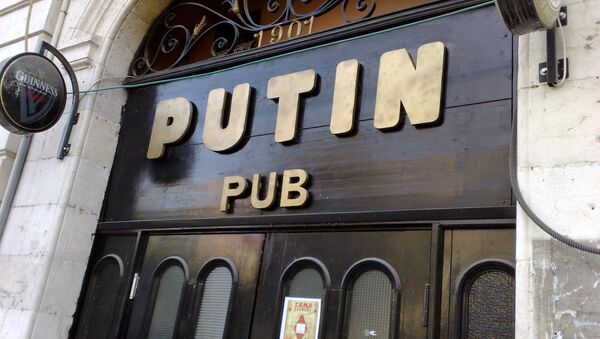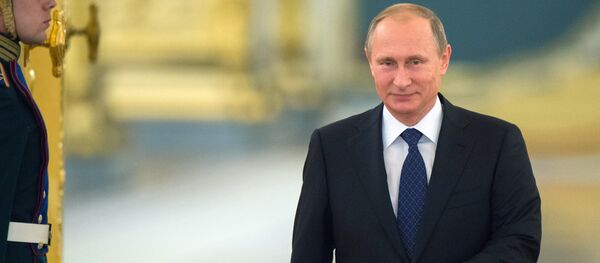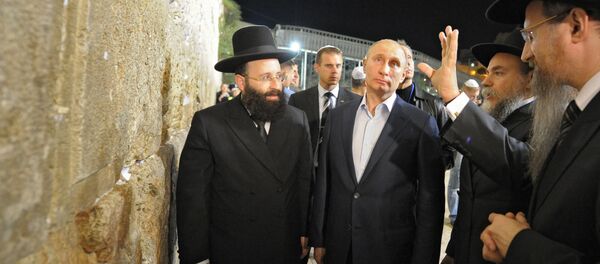“In truth, Putin does have many skills as a political leader,” he grudgingly admits in his article for The Foreign Policy magazine.
“He is extremely well informed on a wide range of subjects (indeed, he would put many American candidates to shame) and he is capable of explaining difficult issues to the public in a simple and persuasive way.”
“He has a quick, acid wit, and immense self-discipline. He is a skillful tactician, maintaining ties with the multiple factions competing for power and wealth (as they say in Russia, “the Kremlin has many towers”) and keeping opponents off balance with unexpected initiatives.”
First he cites the US presidential candidate from the Republican Party Donald Trump: “Republican presidential candidate Donald Trump recently went out of his way to praise Vladimir Putin as a man “highly respected in his own country and beyond,” and “a leader, unlike what we have in this country.”
“Trump is not alone,” he admits. “Trump’s views echo those of a number of other political figures in the United States. In 2013, former Republican presidential candidate Pat Buchanan asked on his blog, “Is Putin One of Us?” Putin has a point, he wrote, when he asserts that the “’destruction of traditional values’” has been “imposed undemocratically.” Putin, he wrote, “may be seeing the future with more clarity than Americans still caught up in a Cold War paradigm.”
They are, among others, Hungary’s prime minister, Viktor Orban, Nigel Farage, leader of Britain’s UKIP party, French National Front Leader Marine Le Pen, Geert Wilders of the Dutch Freedom Party, and other leaders of European far-right parties who have condemned the European Union and the United States for “encircling” Russia.
Clearly failing to understand “what’s in this [support] for Putin?” the author nevertheless claims that “Russia’s efforts to cultivate support among Europe’s anti-EU fringe movements are not part of an effort to propagate a “Putinist” ideology, but rather are aimed at weakening and dividing the European Union.”





